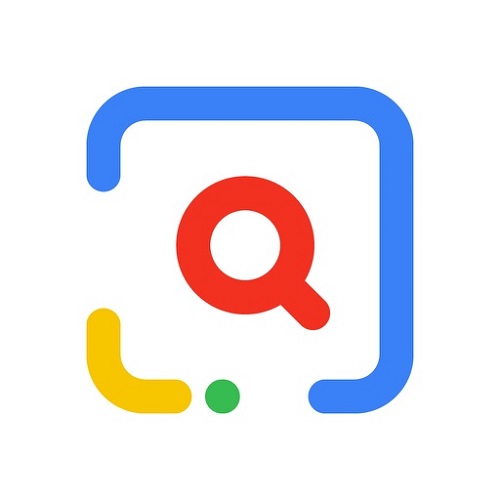What would be the most indispensable asset that an image search API just can’t do without? Is there any API that can be efficient, affordable and easy to use at the same time?
A few decades ago, only people who were part of a marketing or art department had to worry about the source or ownership of an image. But as we go deeper into the digital age, it seems like every piece of communication needs to incorporate visual elements to engage the reader or audience.
That is why, regardless of your role in the company, you probably use graphics or photos on a regular basis. Chances are that sooner or later you will be expected to be able to conduct reverse image search to identify the right image for your campaign or presentation and ascertain its original source or usage rights.

But finding the precise photographs you’re looking for, their sources (photo matches), and the information that goes with them could be challenging given the enormous number of photos that are available online.
For that very reason Image search APIs are becoming very popular. By using various algorithms to scan and recognize photos on size, shape, colors, and any other unique features and characteristics,
They can be a very helpful tool for whoever needs to validate images and locate their online sources or measure the success of a campaign by monitoring how many times a flyer was shared in social media.
They are also becoming very useful for finding similar pictures if, for example, you need to find a better resolution image or keep a regular check on your uploaded ones.

But with so many options, what features does an Image Search API must have to stand out from the rest? Is it more important for the API to be efficient, user friendly or have a variety of plans available to accommodate different users.
If your answer was “all the above”, there might actually be an API that checks all the boxes.
This Zylalab made API is so simple and easy to use that it’s amazing just how many things you can do with it. You only need to provide the URL of the image you’re looking for, and Reverse Image Search API will return a list of URLs where it was used and named.

That way, you can authenticate an image, by finding its source or track its uses across the web. It can also be used to verify the veracity of a profile photo, a very useful way to identify scammers.
With Reverse Image Search API you can also measure the impact of a marketing campaign by checking how many times your flyer has been shared on social media, as well as monitoring if your designs are being used by someone without your permisión.
Reverse search an image it’s also very useful when you need to fact-check a viral photo or track down an image source to verify ownership and legal uses. That way, you can prevent any backlash you could get for sharing fake news or using a legally protected image.
Reverse Image Search API offers a variety of subscriptions depending on how many searches a user can conduct per month. Smaller businesses might be content with 100 requests per month, but larger companies would want to expand that number to 1,000 or even 30.000.

